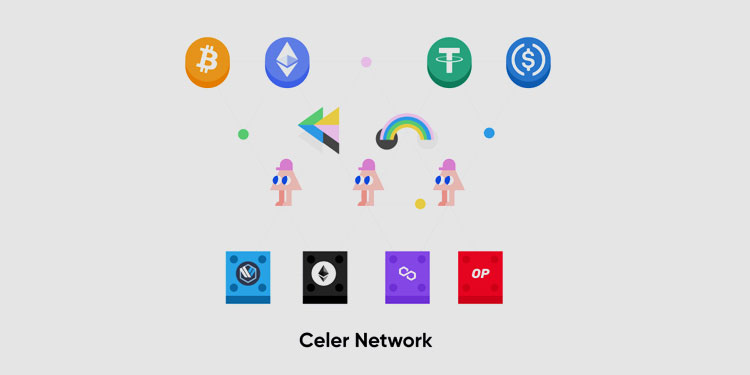Celer, the blockchain interoperability protocol enabling a one-click user experience accessing tokens, DeFi, GameFi, NFTs, governance, and more across multiple chains, announced today that a new version (V2) of xAsset has been released on cBridge.
Tokens bridged in V2 can be transferred not only between one source chain and one of the multiple supported destination chains but can now move freely between any two supported chains without the prerequisite of pre-minted liquidity or any liquidity routing.
The cBridge xAsset model serves the purpose of bridging a token from its origin chain to a new chain where the token doesn’t yet exist. Different from xLiquidity – a cBridge liquidity-pool-based bridging model, xAsset locks a token on the origin chain and mints a replica of the token on the destination chain.
V1 vs. V2
- xAsset V1 allows tokens to be transferred between a source chain and one of the many supported destination chains in the lock-and-mint model. However, to enable bridging between the destination chains for the same asset, liquidity pools need to be created, which lead to counterparty risks for liquidity providers and lower liquidity utilization efficiency in cross-chain transfers.
- In new xAsset V2, Celer removed the necessity of liquidity provision. As long as the xAsset is created by cBridge, a burn-and-mint model will be employed between the destination chains to support omnidirectional bridging. This enables 100% liquidity utilization while providing a direct cross-chain UX.
“Celer cBridge has seen tremendous growth since launch, all of which is built on top of the continuous optimizations and innovations in our design. Our models have been upgraded and expanded in fast iterations from an HTLC node-run liquidity bridge, to incorporate a liquidity-pool-based design, the xAsset v1, and the most recent upgrade to xAsset v2. Users and token projects can elect to use any bridging method of their choice based on their design preferences and current deployment status.”
– The Celer Network Team


















